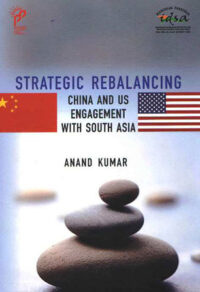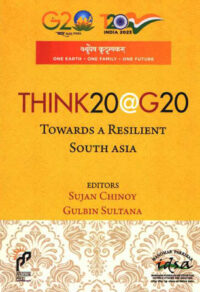Nepal–India Cooperation in River Water Management
There is a perception in certain quarters that Nepal was not given due share in the three major water deals between Nepal and India, namely the Kosi Agreement, the Gandak Treaty and the Mahakali Treaty. However, these projects were found to be mutually advantageous to both Nepal and India. If there was any shortcoming in the Kosi Agreement or the Gandak Treaty, it was due to the lack of experience on the part of India. As and when the need was felt, India reciprocated the Nepalese sentiments by way of making revisions in the treaty/agreement.
- Hari Bansh Jha
- March 2013

















